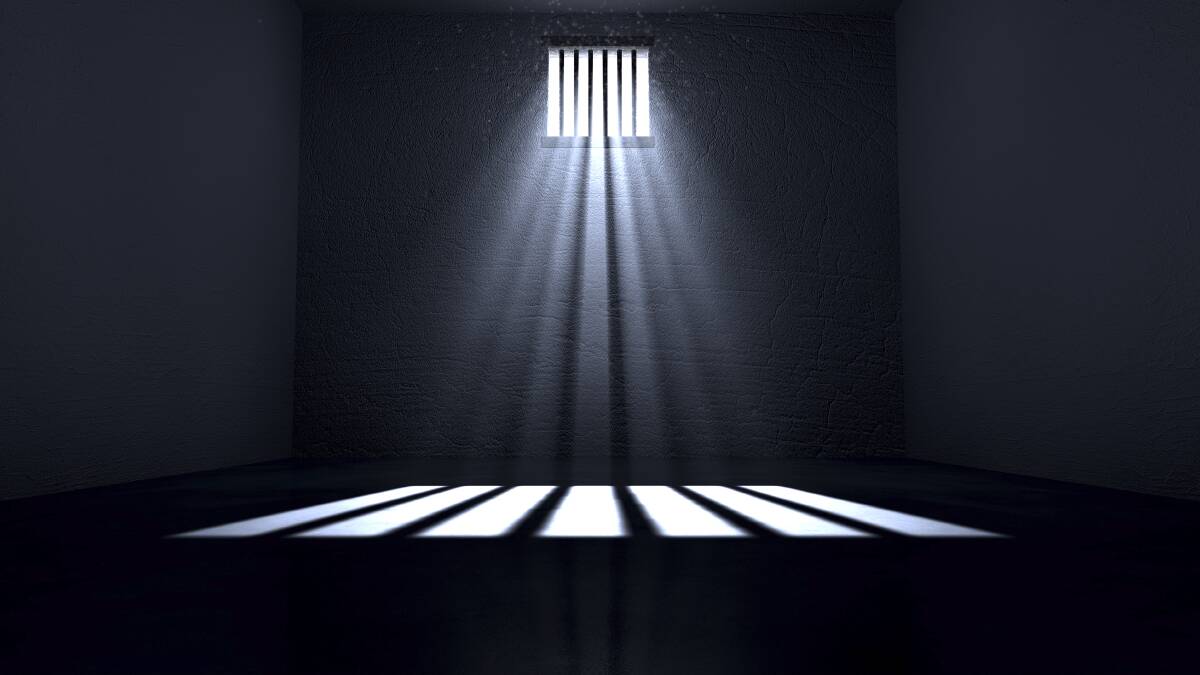Human rights advocates have criticised claims Junee jail addressed medical care concerns, raised after the “tortured” death of Keith Howlett in 2013.
Subscribe now for unlimited access.
or signup to continue reading

Justice Action’s last week said nothing had changed since a coronial inquest in 2017 found “disappointing” medical neglect had contributed to Mr Howlett’s suffering before he died.
Mr Howlett was serving a two-year sentence for child-sex offences when he collapsed and died after just five weeks at the GEO Group-run Junee Correctional Centre.
The coroner passed down the inquest’s findings, with six recommendations.
Ten months later, Justice and Forensic Mental Health Network said all six of the coroner’s recommendations had been “considered” and were being “progressively implemented where appropriate”.
In addition, a GEO Group spokesperson said it was “supportive of the recommendations and (would) take relevant measures to ensure that policies (were) implemented”.
But Justice Action coordinator Brett Collins labelled both responses as “non-specific” and “unfocused”.
“Judging from people on the ground and the families of those people we hear from, we don’t believe anything has happened,” Mr Collins said.
“Unless there is something specific they have done, we would have to blow raspberries at them.”
The incident follows the death of prisoner Edward Haenga in 2013, who died months before he was due to be released. He had served an almost 16-year sentence and was at Junee for his final three years.
Although Mr Haenga died from morbid-obesity-related complications and his use of multiple psychotropic medications, the coroner described his medication regime as “not clinically optimal”.
The inquest also found potentially harmful inconsistencies and discrepancies between the medical policies of Justice Health and Junee Correctional Centre.
GEO last year said it “noted the recommendations of the coroner and (would) implement the revised policies of Justice Health”.
But Mr Collins said no one could check if this had happened.
“Delivery of health service in prison is required by law,” Mr Collins said. “It is not a question about how we feel about people who have broken the law … it is a right.”


